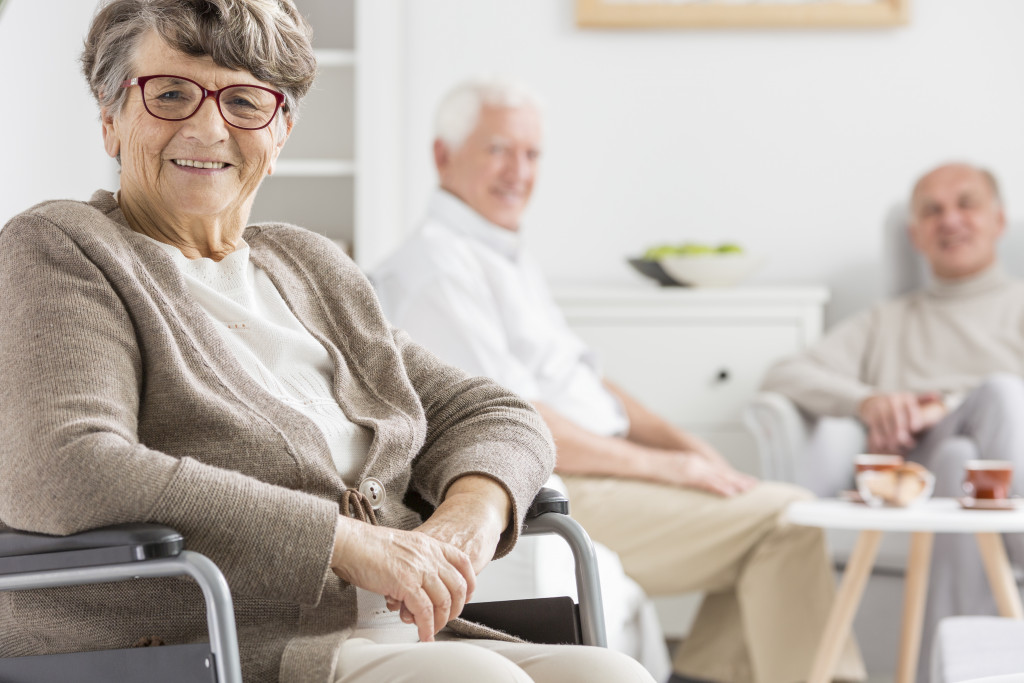Observing their demeanor, the elderly, like our grandparents, move and do things much slower than us. As usual, we brush it off, thinking these changes in their movements and physical attributes all come with age.
However, we are awestruck when we see an older adult still being active. Then it dawns on us that how we take care of ourselves now will reap the results in the later years of our lives. Moreover, we realize that signs of aging come in a spectrum and how much it slows one down varies from person to person.
We have loved ones approaching old age, and we, too, are not exempt from this natural phenomenon. It is, therefore, only worth knowing the science beyond the gradual loss of our mobility as we age and why the results vary from person to person. The following explains why and how we can manage the loss of mobility:
Lack of Physical Activity
Depending on country to country, people are mandated to retire at a certain age. Although many people are still physically fit to work, they have to stop doing so to follow the law. And, even if they are capable of developing a well-rounded lifestyle out of employment, no doubt having to, one day, abruptly let go of their role in the company immensely impacts their fitness.
Mentally, they may struggle with accepting the new reality or mourn over lost opportunities and having to sever their social circles. But worse, physical activity diminishes. And, when they do not do as many things as before, they deprive their limbs of the chance to practice what they are built for and effectively use up the nutrients and fluids they obtained from food.
The slowdown does not happen overnight, rather, gradually. That is why it is hard to notice until, one day, they just feel too weak and find the simplest tasks like lifting objects super exhausting.

Illnesses
The human body is analogous to a piece of machinery. If you abuse an organ, you might contract a disease sooner or later. If you fail to prevent this disease, you will experience worse and more chronic symptoms that you will have to live with for life.
Our proneness to diseases and other ailments, in the heart, kidney, GI tract, brain, and liver, for instance, depends on multiple factors. Traits we inherited from our ancestors play a significant role in what health problems we might, sooner or later, have. Our lifestyles, how much sleep we get regularly, how often we exercise, what types of food we usually eat, and whether we abuse a substance are also significant determinants of health issues that might develop.
Countless disorders and diseases can lead to the gradual loss of mobility, especially among the elderly. Heart conditions can inhibit a person from high-intensity activity. Urological issues can cause chronic pain in various parts of the body, especially when gout is induced, like the feet, the lower back, the knees, and the fingers.
Despite the wide availability of medical interventions to these various diseases, recovery all boils down to the determination of the afflicted. Changing poor lifestyle choices is still one of the most effective methods to nip the problem in the bud.
Most importantly, leading a healthy lifestyle as much as possible to prevent the onset of these diseases is still the most intuitive solution. It is difficult when we are surrounded by stress inducers like pollution, radiation, vices, and unhealthy food. But in the name of having more active years ahead of us, we must persevere.
Accidents
A fall or any traumatic experience can be life-changing, so much that some may have to undergo surgery to restore or at least imitate the affected body part’s normal function. In less severe instances, wherein there is no bone fracture and only inflammation, a doctor may simply prescribe anti-inflammatory and pain-killing drugs on top of a therapeutic regimen the injured has to follow. They may also recommend using assistive tools like crutches, splints, and braces for the knees.
No matter how young or old we are, risks of falling and other accidents are in our midst. And so, it is essential to adopt a vigilant mindset. As much as possible, we have to keep our surroundings free of objects that may cause us to slip or tumble. Whenever required, even in a leisurely visit to the town’s skating rink, we should wear protective clothing.
Final Thoughts
We can make our twilight years and that of our loved ones as comfortable as possible. That is by taking care of our bodies the best way we can.

